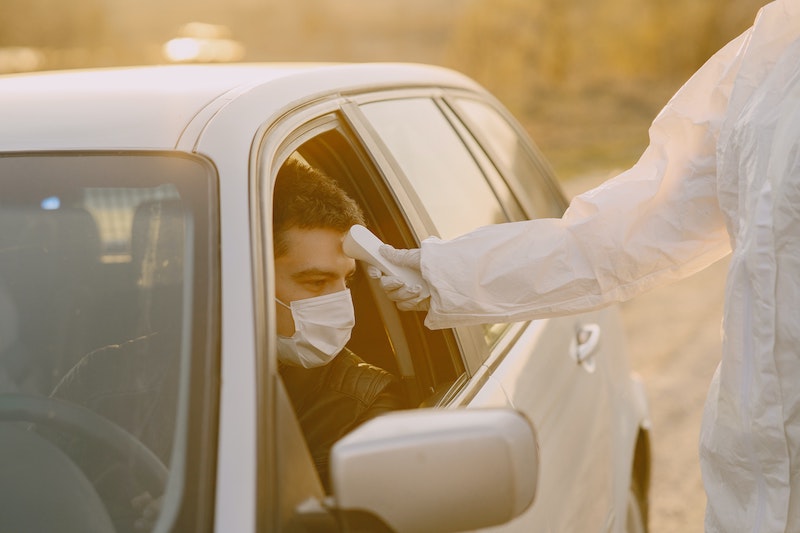
Most people in the United States have accepted that international travel may not be in the cards for a while, with the ongoing coronavirus pandemic. What about interstate travel, however?
Earlier on in the pandemic, many people left larger metro areas such as New York City to go to Florida, the Hamptons, or perhaps more rural locations to ride out the quarantine. That did lead to controversy and pushback from those locations where residents of hard-hit cities were fleeing to.
There was conversation about limiting travel out of the New York area, although that was ultimately decided against. There were some states with checkpoints to stop out of state residents from entering, or at least to ensure they quarantined for 14 days after their arrival.
Now, where does crossing state lines stand? Many states are reopening at different paces. Much like the laws are different in Georgia than let’s say, New York, these states are handling the lifting of coronavirus restrictions differently.
Some worry that people may even travel to different states with looser lockdown requirements if their own state doesn’t open up.
Overall, the following are some of the key things to know about traveling across state lines during Covid-19.
CDC Recommendations
We’re at a point in the pandemic in the U.S., where as mentioned, restrictions in many places are being lifted.
This means that while it may not be against the law and no one is likely to fine you for traveling across state lines, that doesn’t necessarily mean any kind of travel, domestic or otherwise, is the best idea at this point.
The Centers for Disease Control and Prevention have guidelines they suggest people follow right now. They do advise that since coronavirus cases have been reported in all states, and travel increases the chances of both contracting the virus and spreading it, you limit your travel.
Especially don’t travel if you’re sick or someone you’re with is sick.
The CDC says that the only time you travel outside of your local area right now is if you are going to provide care to someone else, or you have to travel for your essential job.
Check Local Guidelines
If you do have to travel for an essential reason before you leave check on the guidelines in the destination where you’re going. They may be very different from what you have at home.
Learn about the differences in their required quarantines upon arrival, their stay-at-home directives, and their shelter-in-place orders.
You might want to also check with the local health department and see what their advice and guidance is.
Can You Legally Drive Between States?
If you’re only curious about the legality of the states, then yes, you can drive between them. Under the Constitution of the United States, you can move freely within the state, and to prevent people from crossing state borders would be unconstitutional.
With that in mind, the federal government can require quarantine travelers to fight against the spread of an infectious disease. Local and state governments can also do something similar.
Lodging
Some states during the pandemic closed lodging. For example, in Main and Vermont, they required hotels, short-rentals, and campgrounds to be closed. That would limit what you were able to do if you traveled to another state.
There is some concern that interstate travel may pick up over the coming weeks.
Flying
Another question people have right now is whether or not you can fly between states.
Technically yes, but there are limitations. The primary limitation is the fact that many flights have been canceled, and routes have been consolidated. You may find it difficult to find a flight.
There are a number of reasons for this.
First, as was touched on, many states are lifting restrictions, which means people may feel more empowered and compelled to travel around, including between states.
There’s also the summer fast approaching. Many parts of the country are already experiencing heat waves, leading people to want to spend more time outdoors, including at parks and beaches.
Gas is also extremely cheap right now, which may lead people to want to drive somewhere.
With all this in mind, the best guidance is that even though you may be able to technically travel between states, you might want to wait a bit longer. There’s still a lot of uncertainty surrounding the pandemic in the U.S., so you may want to stay home in the meantime unless you have to travel.
If you do need to travel, especially internationally, it’s important to get tested before you leave and after you return from your travels. This way, you can be sure you aren’t sick on either end of the trip. Travel COVID testing in Charlotte and other cities around the world can also help you meet travel testing requirements so you can avoid travel disruptions.